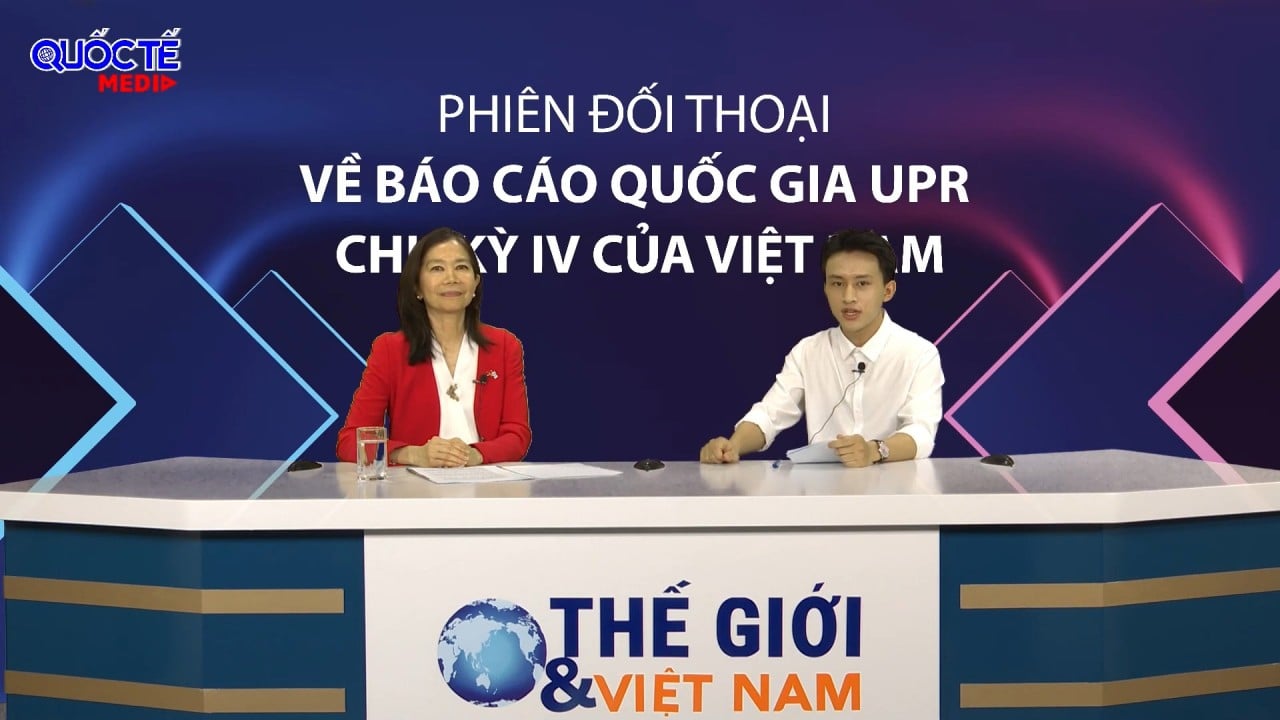 |
| UN Resident Coordinator in Vietnam Pauline Tamesis shares about Vietnam's serious and open efforts through UPR cycles. (Photo: Tuan Viet) |
On May 7, the Dialogue Session on Vietnam's National Report under the Universal Periodic Review (UPR) cycle IV of the United Nations Human Rights Council was very successful with the participation of many United Nations (UN) member countries.
On this occasion, The World & Vietnam Newspaper talked with UN Resident Coordinator in Vietnam Pauline Tamesis about Vietnam's serious and open efforts through the UPR cycles.
What do you think about Vietnam's UPR Dialogue session (May 7) with the participation of many UN member countries?
During the fourth UPR dialogue session, Vietnam received 320 recommendations from 133 countries. Other countries in the same dialogue session received less than 100 recommendations from member countries.
Compared to the third UPR cycle, the number of recommendations at the fourth cycle from member states increased by 10%, from 291 to 320.
These are very positive signs.
These figures demonstrate the great interest from UN member states in supporting the Government of Vietnam to continue promoting human rights.
This demonstrates the shared importance we place, as an international community, on achieving inclusive and sustainable development.
The strong participation of UN member states also shows Vietnam's high position in multilateral human rights mechanisms, especially when Vietnam is a member of the UN Human Rights Council for the 2023-2025 term.
Expanding and strengthening stakeholder engagement in future activities will be equally important. Ensuring the participation of the whole society throughout the process is key, especially at the national, provincial and local levels.
Obviously, Vietnam attaches great importance to the UPR mechanism as well as the principles of transparency, objectivity, dialogue and cooperation of this mechanism ?
The UN recognizes that each country has its own independent development path, based on its own circumstances and conditions; as well as on its own strengths and challenges. Each country needs to have its own path towards more inclusive and sustainable development in promoting human rights for all members of society.
At the same time, as Deputy Foreign Minister Do Hung Viet emphasized in his speeches, there are certain activities that help promote and strengthen respect for universal human rights.
One of the examples he highlighted was the existence of a strong legal framework that puts human rights at the center. The Deputy Minister also noted that inclusive and green socio-economic development, as well as multidimensional poverty reduction, have contributed significantly to the promotion of economic and social rights. These are areas where Vietnam has made great progress.
In examining the statements and recommendations from 133 UN member states, we found that these issues stem from diverse socio-economic and political environments. However, we also found many points of consensus in their recommendations.
For example, 47 countries made recommendations on gender equality, women’s empowerment and prevention of gender-based violence. The Vietnamese delegation identified this as its priority, emphasizing the adoption of the National Strategy on Gender Equality for the 2021-2030 period and a number of comprehensive action plans on prevention and control of gender-based violence and domestic violence.
Many countries have also made recommendations on adjusting the application of the death penalty in Vietnam according to international standards. Deputy Minister Do Hung Viet acknowledged the large number of recommendations on this issue. He explained that although current conditions in Vietnam do not allow for complete abolition, Vietnam is taking steps to reduce the number of criminals subject to this penalty and strengthen safeguards in sentencing and execution.
So while each country chooses its own development path, there are measures that can enhance UN member states' compliance with the international human rights obligations they ratify.
Having a constructive dialogue on how each country can promote and protect fundamental social, economic, civil and political rights in its own context – is the purpose and focus of the UPR review cycle.
Madam, how does this dialogue reflect Vietnam's efforts and commitments as a member of the UN Human Rights Council for the 2023-2025 term?
Vietnam has demonstrated serious preparation and openness to international dialogue when participating in the UPR dialogue session.
The Vietnamese delegation said that Vietnam is ready to consider statements and recommendations from other member countries in a constructive and cooperative manner.
Openness in international dialogue on human rights demonstrates Vietnam's efforts as a member of the UN Human Rights Council for the 2023-2025 term.
Vietnam has actively participated in this multilateral forum, leading initiatives such as commemorating the 75th anniversary of the Universal Declaration of Human Rights and co-sponsoring annual resolutions on human rights and climate change.
Openness in international dialogue on human rights demonstrates Vietnam's efforts as a member of the UN Human Rights Council for the 2023-2025 term. Vietnam has actively participated in this multilateral forum, leading initiatives such as commemorating the 75th anniversary of the Universal Declaration of Human Rights and co-sponsoring annual resolutions on human rights and climate change. |
Earlier this year, Foreign Minister Bui Thanh Son announced that Vietnam will run for re-election to the UN Human Rights Council for the 2026-2028 term.
This shows that Vietnam is ready to continue to assume the important responsibility of a member of the UN Human Rights Council.
This responsibility includes demonstrating concrete efforts to protect and promote economic, social, cultural, civil and political rights in accordance with international human rights standards and human rights treaties ratified by Viet Nam.
How has the UN participated in and supported Vietnam in the UPR process over the past time ?
As in previous UPR cycles, the UN Country Team has worked to support the Government and people of Viet Nam in promoting a practical, results-oriented and inclusive UPR process.
We do this within the framework of the UN-Viet Nam Strategic Cooperation for the period 2022-2026 and in line with the standard role of the UN in all countries undergoing the UPR review process.
Our support focuses on two areas:
First and foremost, it is important to facilitate the participation of multiple stakeholders throughout the UPR process.
Globally, meaningful participation of diverse socio-political and professional organizations, non-governmental organizations, communities and vulnerable groups in the UPR process is an integral part of the UN’s mandate to ensure that no one is left behind. This includes youth, women, older persons, ethnic minorities, migrants, LGBTI persons and persons with disabilities.
We hope that in the upcoming priority steps and recommendations, efforts to ensure the participation of these groups can be strengthened. The UN will continue to support the Government of Viet Nam in achieving that goal.
The second area is to provide technical assistance to facilitate the implementation of UPR recommendations.
The above technical assistance is aligned with the shared priorities agreed under our Strategic Cooperation Framework with Vietnam, namely inclusive social development; climate change response, disaster resilience and environmental sustainability; shared prosperity through economic transformation; and governance - access to justice.
Through UN development cooperation programs in Viet Nam, we continue to contribute to the implementation of UPR recommendations.
Our programs promote gender equality and combat gender-based violence, strengthen child-friendly justice systems, strengthen social protection systems, promote the rights and participation of persons with disabilities, and combat human trafficking.
In addition, we also provide feedback and technical advice to the Government of Vietnam on priorities to advance its own, sovereign path towards expanding respect for human rights.
We feel grateful and honored to play that role, building on more than 45 years of trusted and highly productive cooperation between the UN and Viet Nam.
Thank you!
Source: https://baoquocte.vn/dieu-phoi-vien-thuong-tru-cua-lhq-pauline-tamesis-viet-nam-coi-mo-trong-doi-thoai-upr-san-sang-dam-nhan-trach-nhiem-quoc-te-272085.html





![[Photo] Binh Trieu 1 Bridge has been completed, raised by 1.1m, and will open to traffic at the end of November.](https://vphoto.vietnam.vn/thumb/1200x675/vietnam/resource/IMAGE/2025/10/2/a6549e2a3b5848a1ba76a1ded6141fae)






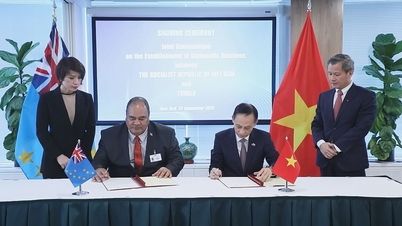

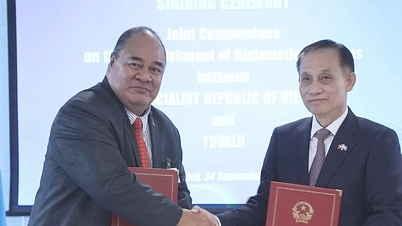


![[Photo] President visits Vietnam's Permanent Mission to the United Nations](https://vphoto.vietnam.vn/thumb/402x226/vietnam/resource/IMAGE/2025/9/24/b97c02dea2634eb38b94b1d6145671e3)

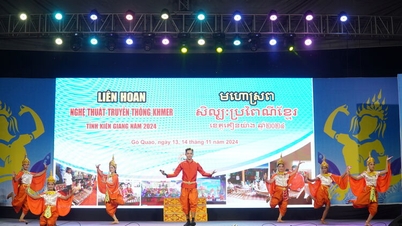

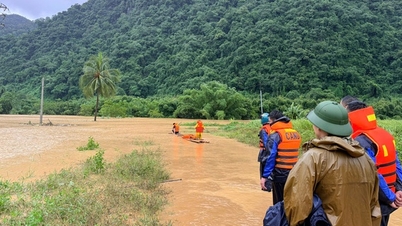





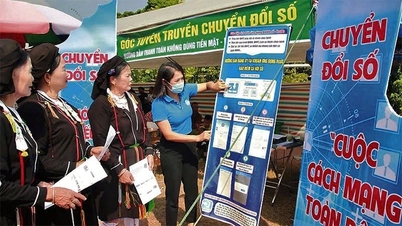
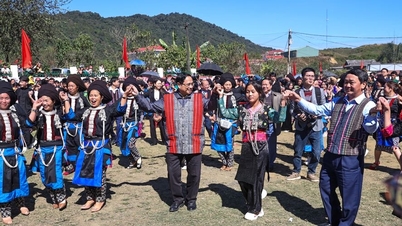





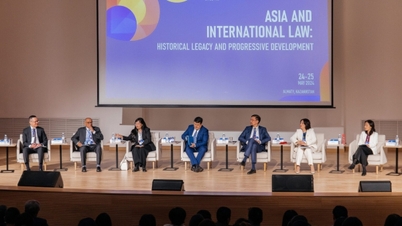
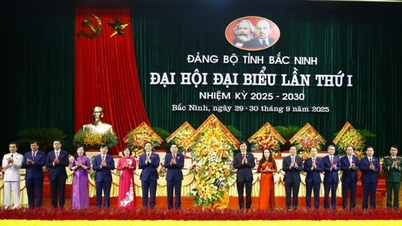
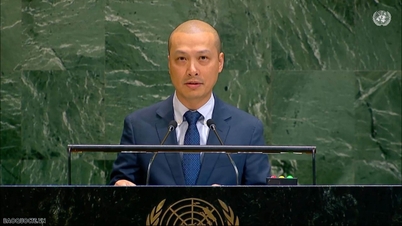
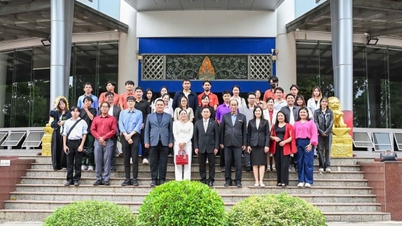












































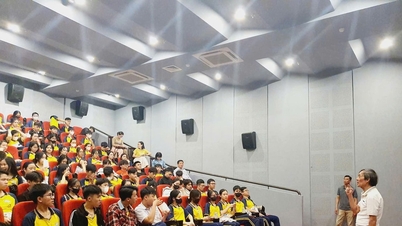

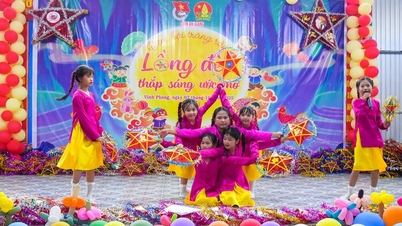
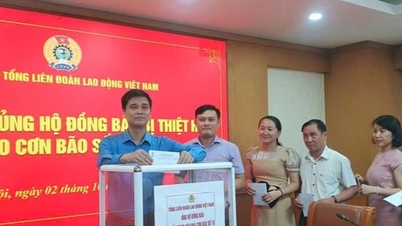

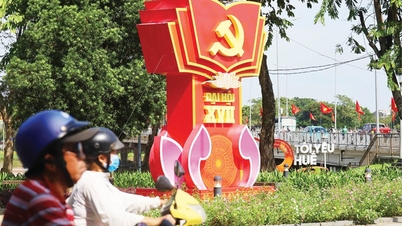
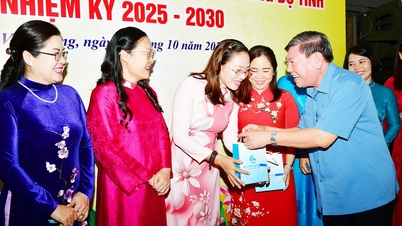

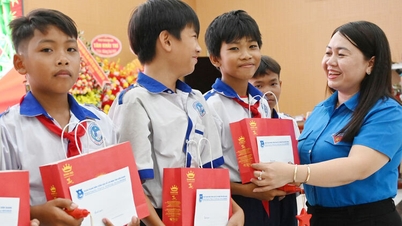













Comment (0)